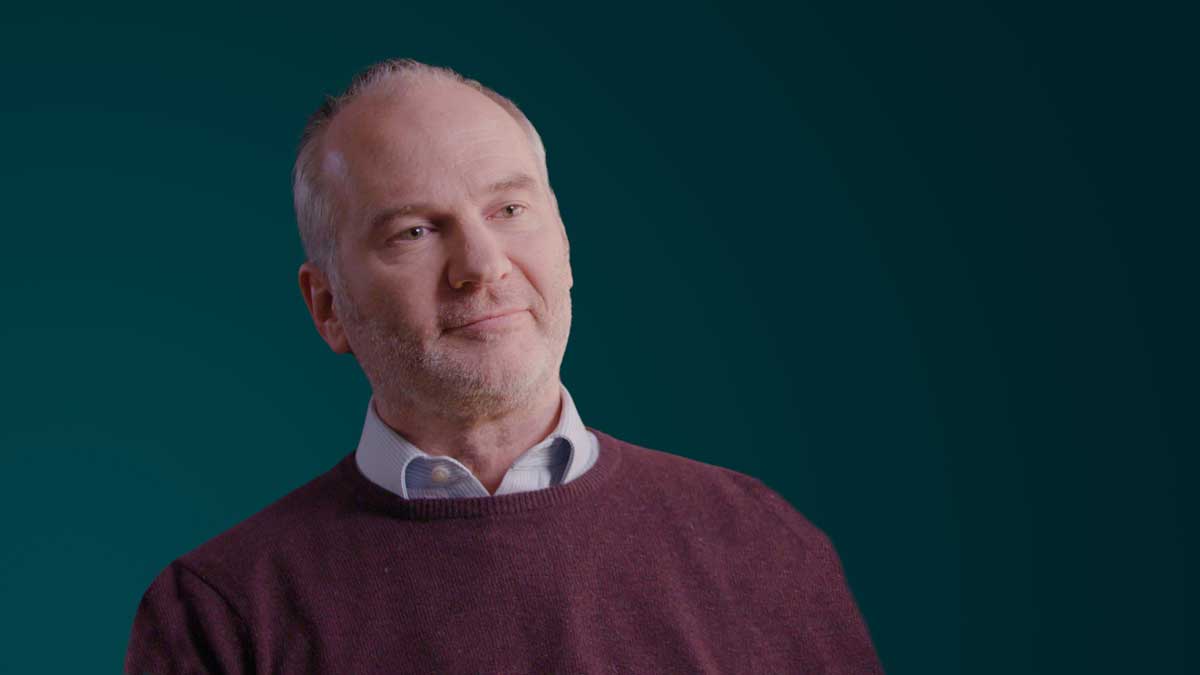Smart energy

Why it matters
A just energy transition is a paramount objective in achieving net zero as energy is critical for sustaining life on our planet.
One example is agriculture, which has a central role in the economy of developing countries and providing the main source of food, income and employment to rural populations. The efficient irrigation of agricultural crops is one of the most pressing and important challenges facing farmers who need to save resources, reduce water use and minimise energy consumption.
Smart systems are key to energy management but smart does not have to mean complicated.
To drive a rapid decline in emissions, we need a holistic and smart systems approach to energy management, with dynamic research that highlights effective routes to net zero.
Collaborate to innovate
With the creation of iNetZ+, our emerging Global Research Institute for Net Zero and Beyond, co-academic leads Professors Edward Owens and Peter Cummings, are driving collaboration across our academic community with private and public sector institutions, stakeholders and industry.
Professor Owens' research takes a holistic approach to sustainable energy systems ranging from demand side management to the decarbonisation of energy in the built environment and transport.
Recent research includes the impactful SCORRES project which achieved significant energy savings via the optimisation of water use while increasing crop yields on Indian farms. From the success of the project grew Water-Hand – a software-hardware system that combines localised weather forecasting and electricity availability with a sophisticated modelling technique to calculate precise water needs for crops based on type, location and soil. Optimising the provision of water to the crops had a major impact in trials showing a 70% reduction in water and energy usage, a 30% crop yield increase, and a 10% decrease in labour.
In a rural community much closer to home, the ReFLEX project is creating a Virtual Energy System for Orkney. The first-of-its-kind system will interlink local electricity, transport, and heat networks into one controllable, overarching system, to create a 'smart energy island', which will reduce and eventually eliminate the need for fossil fuels. Together with the new Islands Centre for Net Zero, these initiatives in partnership with the European Marine Energy Centre are leading the way in community sustainability.
Leading expertise
Professor Owens has a deep understanding of the complexities of the global energy system, and of community and business engagement. He has won several awards for knowledge exchange and translating research innovation into impact including the award-wining Water-Hand project and Farmhand spinout. He is also Director of Auraventi, which provides accurate, highly localised weather forecasting for renewable energy generators.
As Professor of Sustainable Energy Systems, his focus is on demand management, energy forecasting, home automation, environmental engineering, renewable energy and occupancy detection.
Current research includes the evaluation of future energy storage and flexibility options as the grid adapts to intermittent energy generation, and the transition to a net-zero future.
Find out more information in Prof. Owen's profile on our research portal.
Key information
Edward Owens
- Job title
- Professor
- e.h.owens@hw.ac.uk